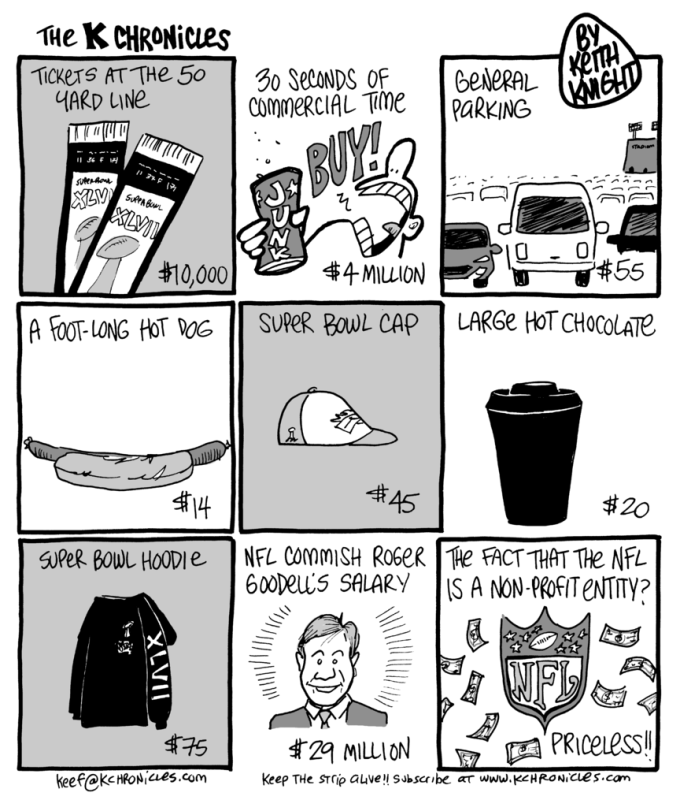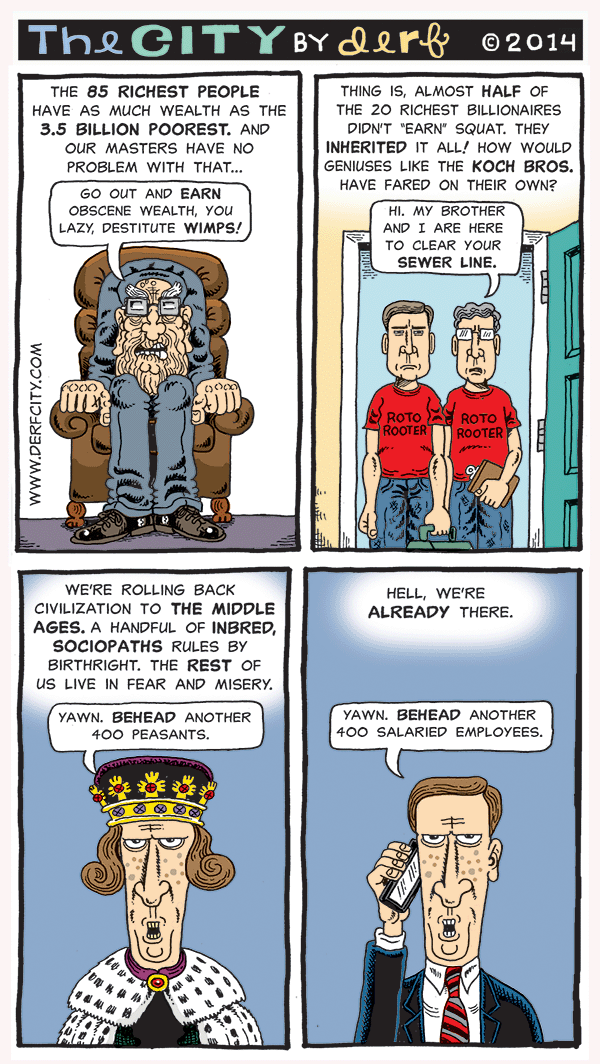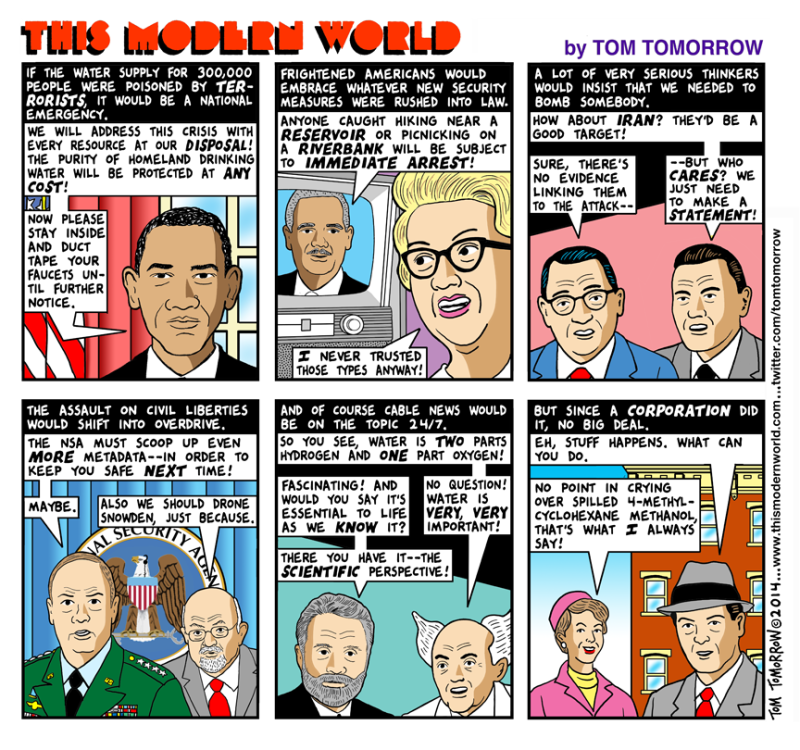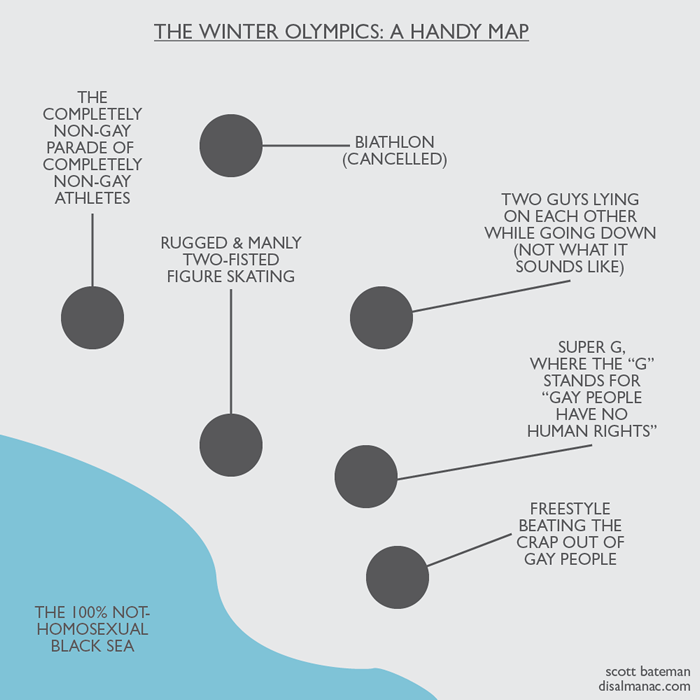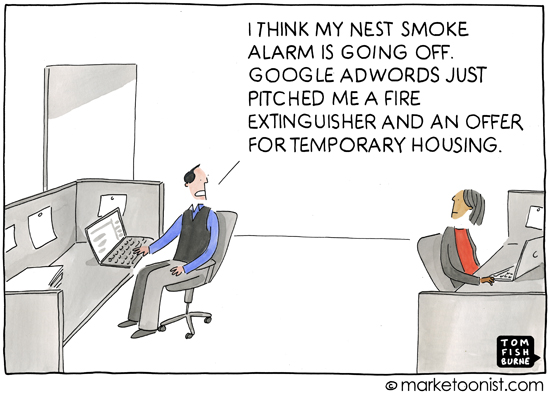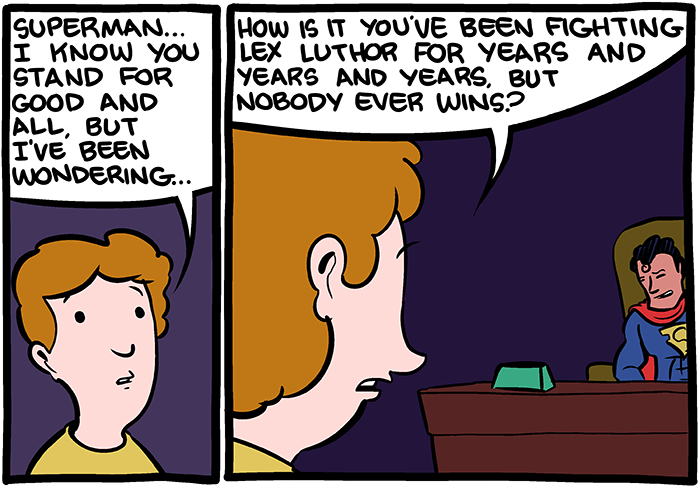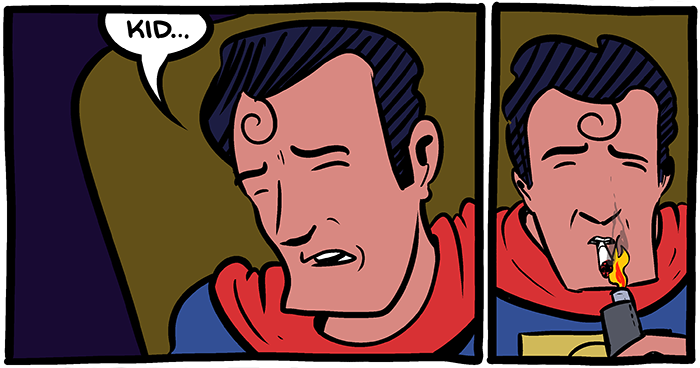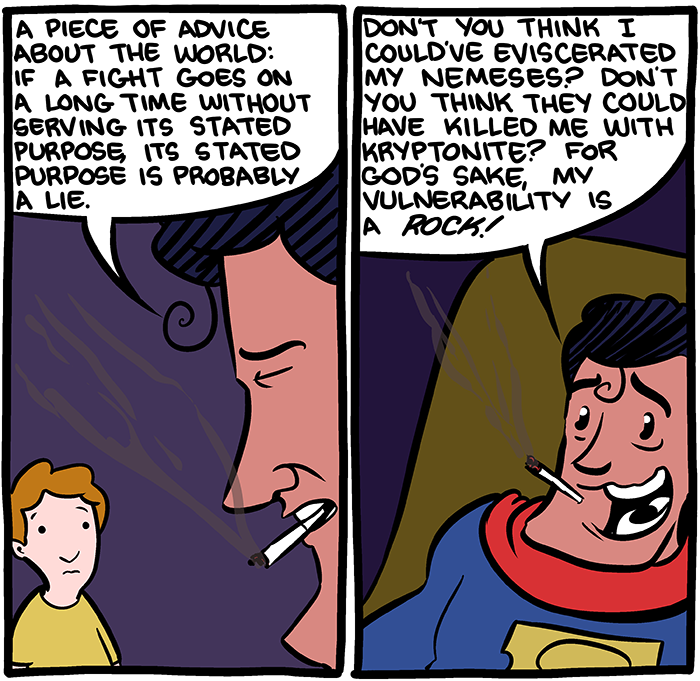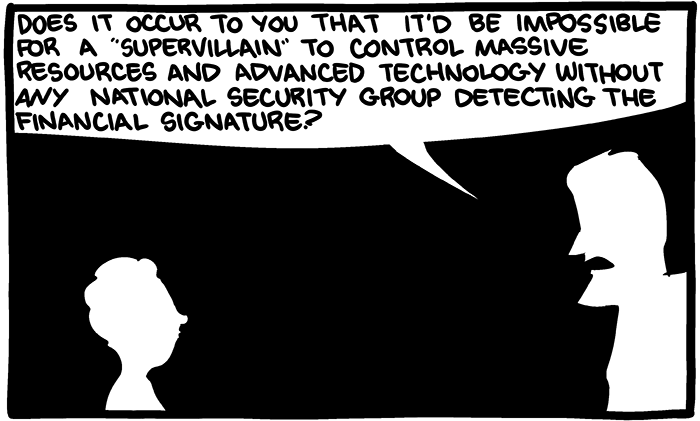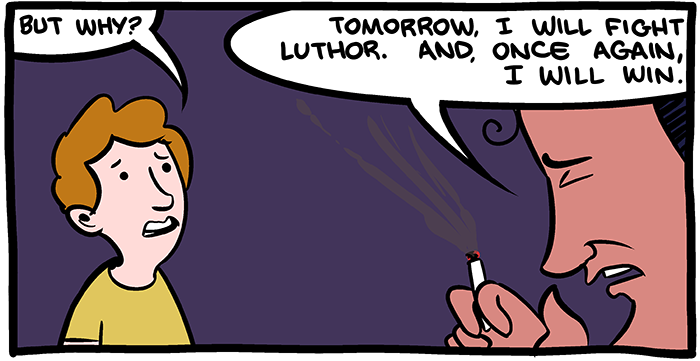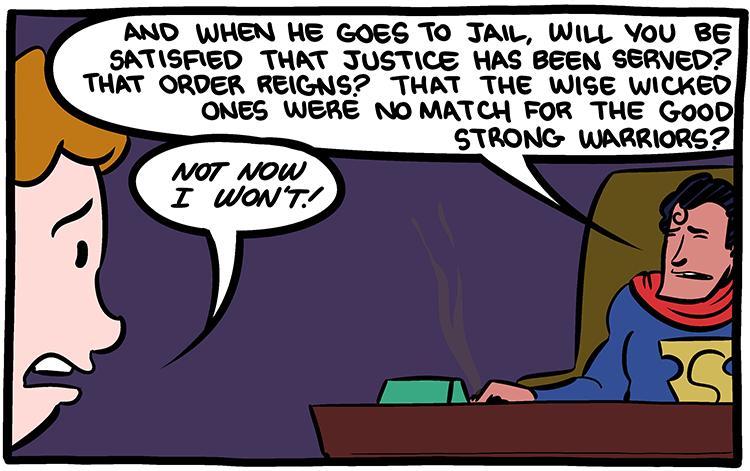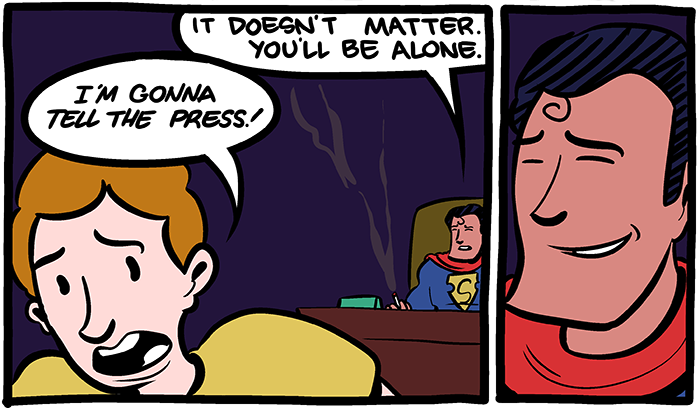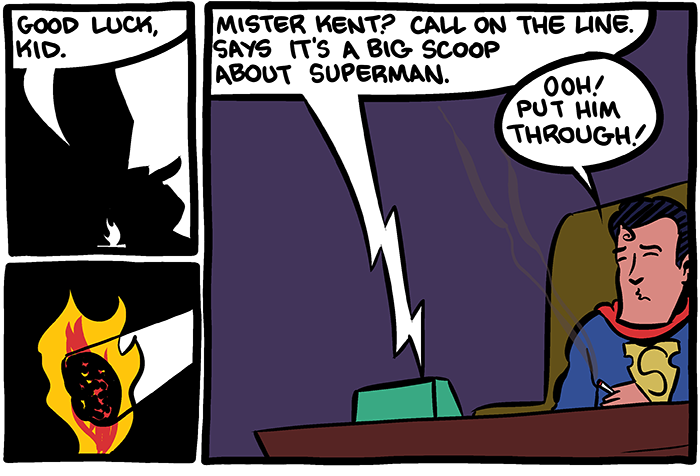Tuesday, the non-partisan Congressional Budget Office (CBO) released a report on Obamacare and conservatives immediately jumped on it, saying that it proves that the ACA will damage the economy by destroying jobs.
Even the “liberal” Washington Post fell for it, running an article with a headline that incorrectly stated that the CBO estimated that the health care reform law will result in 2 million fewer jobs.
There is just one small problem — the CBO said nothing of the kind. They said, as they have said before, that because employees will no longer feel the need to remain in a job in order to have affordable health insurance, people will find it easier to leave jobs they don’t need or want. You know, like people who want to retire but stay in a job because they don’t qualify for Medicare for a few years, or people who work a low paying job not for the money, but because their spouse’s profession doesn’t include health insurance.
Which to me means that they will open up jobs for people who are currently unemployed. A huge win-win.
I work with entrepreneurs, and I know that this also means that people who have always wanted to start a new company can now do so, because they are not stuck working a job that includes health insurance. Prior to Obamacare, it was difficult for entrepreneurs to get health insurance, even at any price. And as everyone knows, small businesses are the real job creators, and drive innovation.
But what I find ironic is that you would think that social conservatives would also welcome this news. After all, they are the ones who claim to honor stay-at-home mothers. The law will make it easier for women to stay home and take care of their children, rather than take a job that will provide health insurance for them.
So in effect, conservatives are attacking the real job creators and mothers. Well, that’s a promising line of attack. At least the WaPo realized their mistake and corrected their headline. And hardly anyone has mentioned that the CBO also says that the new law will save the government more money than they originally estimated, lowering the deficit.
And in related old news, after trying to repeal Obamacare 47 times, Republicans have finally come out with their proposed alternative to Obamacare. I wouldn’t blame you if you thought this was a purely political move, since they have had years since the ACA passed to propose an alternative, but all they tried to do was kill it. Until now, after Obamacare has fully gone into effect.
I wouldn’t even care if their alternative had a chance of solving our previous health care problems, because we have already gone to all the trouble and expense of implementing Obamacare. But of course, their (currently rather vague) “new” proposal is just a rehash of already debunked faux solutions to our health care crisis. Things like health savings accounts, medical liability reform, high risk pools for those with pre-existing conditions, and insurance portability across state lines. Yawn.
The Republican alternative has no health care exchanges. No expansion of Medicaid but instead uses tax credits, which seem to be so skimpy compared to Obamacare that they probably won’t pay for much health insurance at all. The rest of their “new” proposal keeps the provisions of Obamacare that have become too popular to get rid of: watered down versions of the rules that prevent insurers from rejecting people with pre-existing conditions and which continue dependent coverage to age 26.
Can we afford to go through another change in health care now? Hardly. Other than problems with the website that have now been fixed, Obamacare is working and people are signing up for it. And it is saving money and reducing the deficit. I personally have new health insurance that is better than what I had before, and I’m paying less for it. And I got to keep my current doctor and dentist. I like it. A lot.
So I see this as a last ditch attempt to (once again) sabotage Obamacare, before it gets too popular, and a feeble attempt to let Republicans try to claim that they are not the party of no.
UPDATE: I just noticed a good article in the LA Times that makes a strong case that the new Republican alternative to Obamacare is actually designed to fail. “The proposal incorporates some provisions that are bound to doom it even among Republicans, as well as others that are already known to be ineffective.” It includes a cap on tax deductions for employer-sponsored insurance. Republican orthodoxy says that this would be tantamount to a tax increase, and they are pledged to vote against that.
UPDATE 2: Another article in the LA Times points out the “stupid bias” of American media. The report comes out and has lots of good news:
- The ACA is cheaper than it expected.
- It will “markedly increase” the number of Americans with health insurance.
- The risk-adjustment provisions, which Congressional Republicans want to overturn as a “bailout” of the insurance industry, will actually turn a profit to the U.S. Treasury.
Given all this good news, the immediate headlines about the CBO report scream that it is a job killer. Like this, and this. Which is not what the CBO report says at all. I guess if the economy bleeds, it leads (even if they have to make it up).
UPDATE 3: More hypocrisy. TPM points out that Republicans have long proposed delinking health insurance from employment to increase “labor mobility” — making it easier for employees “to take a better job, change careers, or leave the workforce to raise a family or to retire early”. In fact, it was the major point of McCain’s health care reform proposal. But of course, they hate it once it became part of Obamacare.
And the most recent Republican proposal mentioned above? They propose capping the tax exemption for employer-provided insurance, which would likely provide even greater encouragement for people to leave jobs they don’t want or need.
